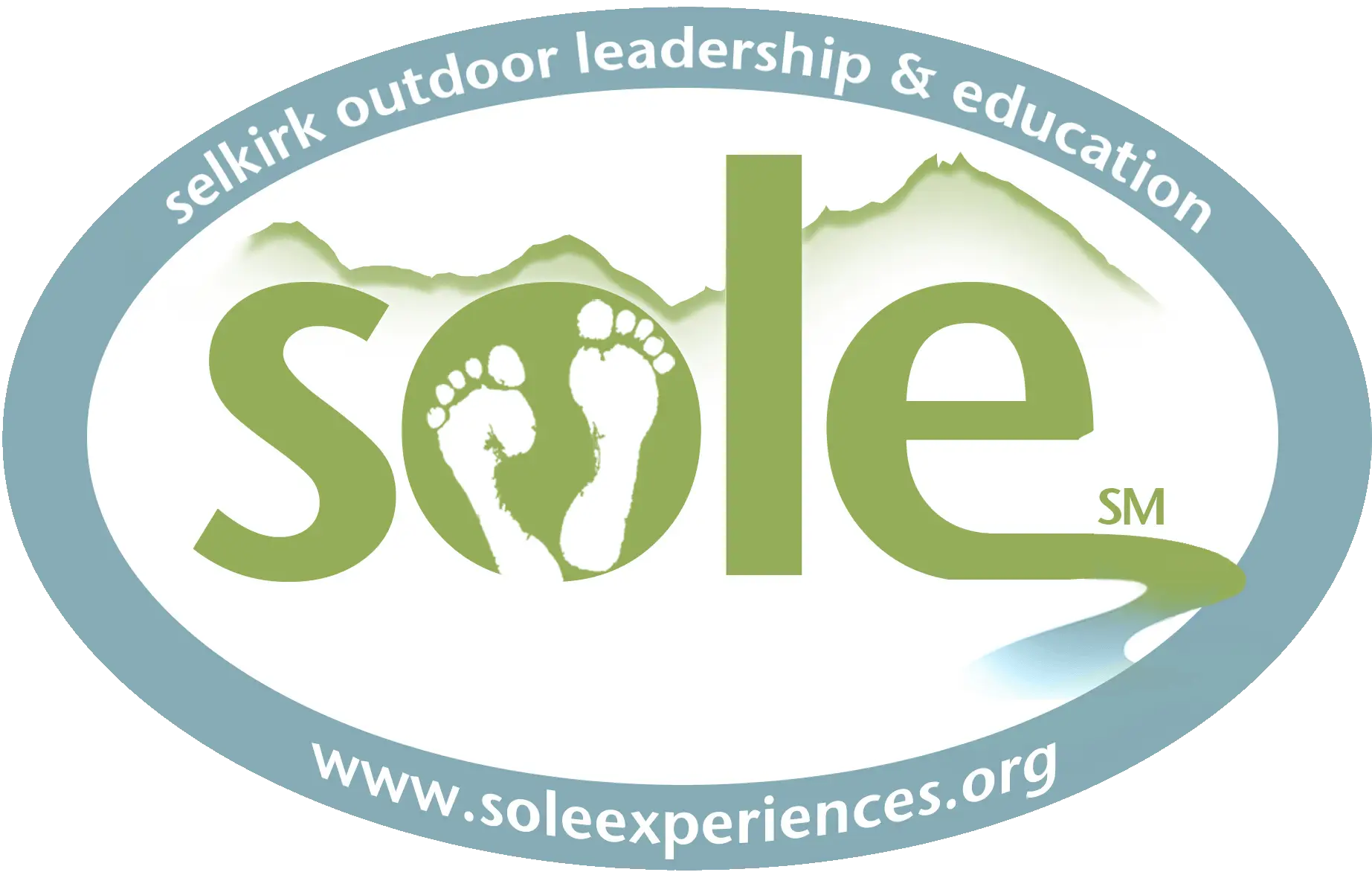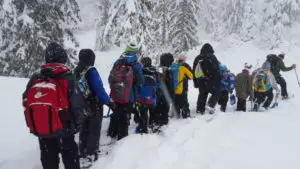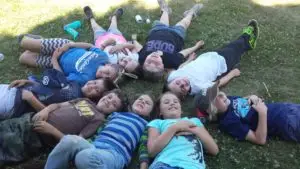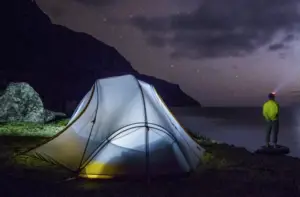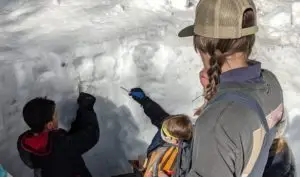Since inception SOLE has facilitated programs which highlights outdoor free play for youth. From exploring a wetland with peers during our Stewardship Experience program, or just getting ‘down and dirty’ building a fort in our Junior Naturalist Experience summer programs, youth are constantly immersed in natural learning environments where they are able to freely explore their local wildlands while also learning about the natural systems which exist.

Even with our intentionally-designed curricula as the framework, youth are consistently provided unstructured outdoor play, or as it is commonly known free play, during most SOLE Experiences SM which starts in our programs for youth 4 years of age. While our organization is an obvious proponent for purposeful experiential and outdoor education curricula, we also actively support personal and group exploration outdoors. At SOLE, free play can be considered as moments where youth naturally engage with themselves and their peers without direct facilitation. It is in these moments when youth really heighten their emotional, social, physical and mental well being.

Free play is capable of developing the executive control center of our brains at an early age. In fact, it’s been shown to have a negative impact on children’s brain development when they are removed from this critical learning environment. As we dig into it bit further, we can naturally see how developing higher order skills like critical-thinking and problem solving can occur without direct facilitation from simple endeavors like building a fort with a friend. It’s not to say that a deeper level of comprehension of lesson objectives cannot be attained through effective facilitation – it can. However, there is still much to be said for those opportunities where individuals take ownership of their learning process and freely explore the moments, especially those in nature. And the benefits do not stop there.1

Free play promotes physical well-being. Current research shows the decline in outdoor and physical activity for youth, including free play opportunities. There is also a growing body of evidence, which shows the correlation between the decrease in physical outdoor activity and childhood obesity. Also, there are current studies that show that children are most physically active when provided these very opportunities.2
Another benefit is supporting positive attention. In fact, when children are provided the opportunity to immerse themselves in outdoor free play, they are often more attentive and respectful when re-entering a more structured indoor learning setting.
Also, free play provides the opportunity for actual social engagement and character development. Establishing and maintaining friendships is a tremendous outcome of free play. By providing an opportunity for children to freely engage their peers is naturally how we learn to relate – an essential life skill. Children are also learning from their failures, and mistakes allowing them to develop the 7 C’s of Resilience a cornerstone of most SOLE programs. These essential life skills have also been directly linked to future positive outcomes, including academic achievement. 3

Lastly, is the shift in affect, which is achieved through free play. Children who experience free play are naturally happy. And isn’t that how children should be? They are doing what they want, how they want. Hey, don’t get me wrong I am NOT saying that we should hold boundaries and set-limits with youth, however, there is often space for them to explore that which is inherently valuable – their own thoughts, feelings, and actions.
Whether it’s genuine happiness or cognitive development, the importance of outdoor free play is undeniable. SOLE will continue to provide opportunities for children to engage in this manner. With an increase in actual “screen time,” the importance of providing these opportunities is paramount. If not now, when? And what will the outcome be if we do not provide these opportunities?
Youth can engage in this manner in summer and school programs, including those listed below. All summer programs are currently open for registration and enrolling strong.
For more information and/or to register for upcoming SOLE Experiences simply click on one of the programs hyperlinked above or go to our registration page to select your program to begin your adventurous exploration! As always, feel free to contact us if you have any other questions or needs!
[add_eventon_list number_of_months=”6″ ]
2 http://jamanetwork.com/journals/jamapediatrics/fullarticle/485902
3 https://ww2.kqed.org/mindshift/2013/02/15/how-free-play-can-define-kids-success/
